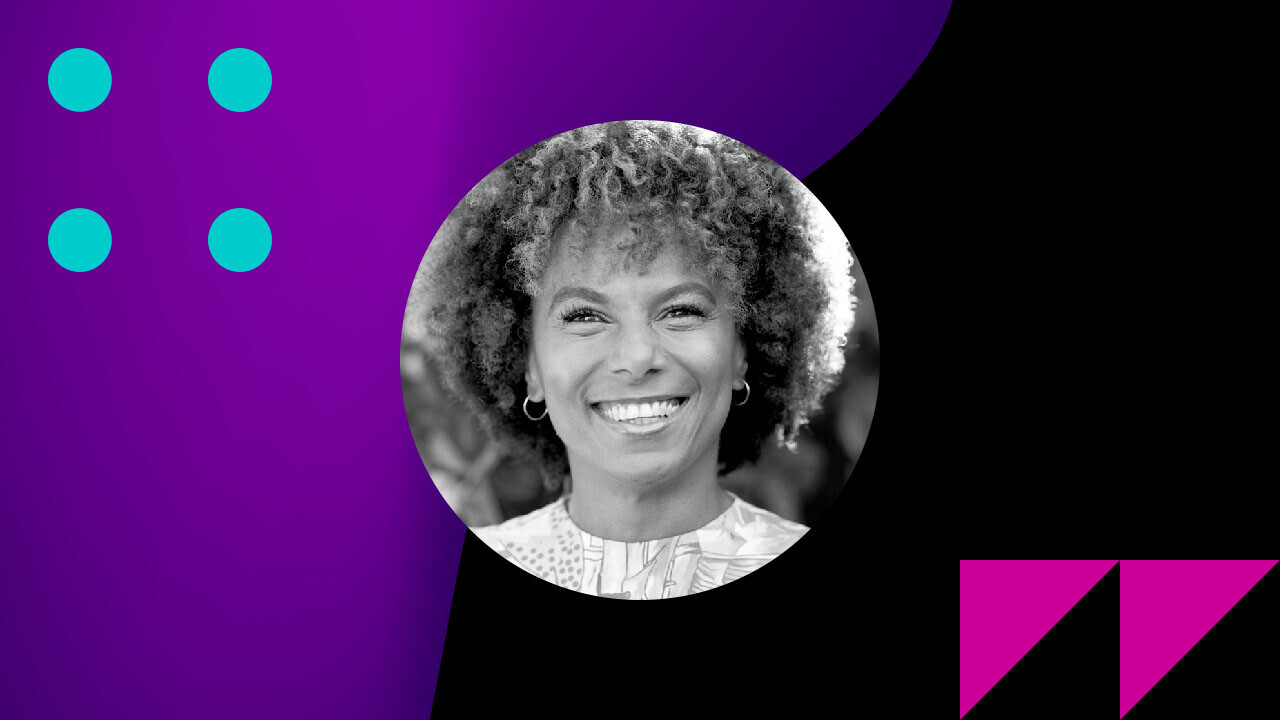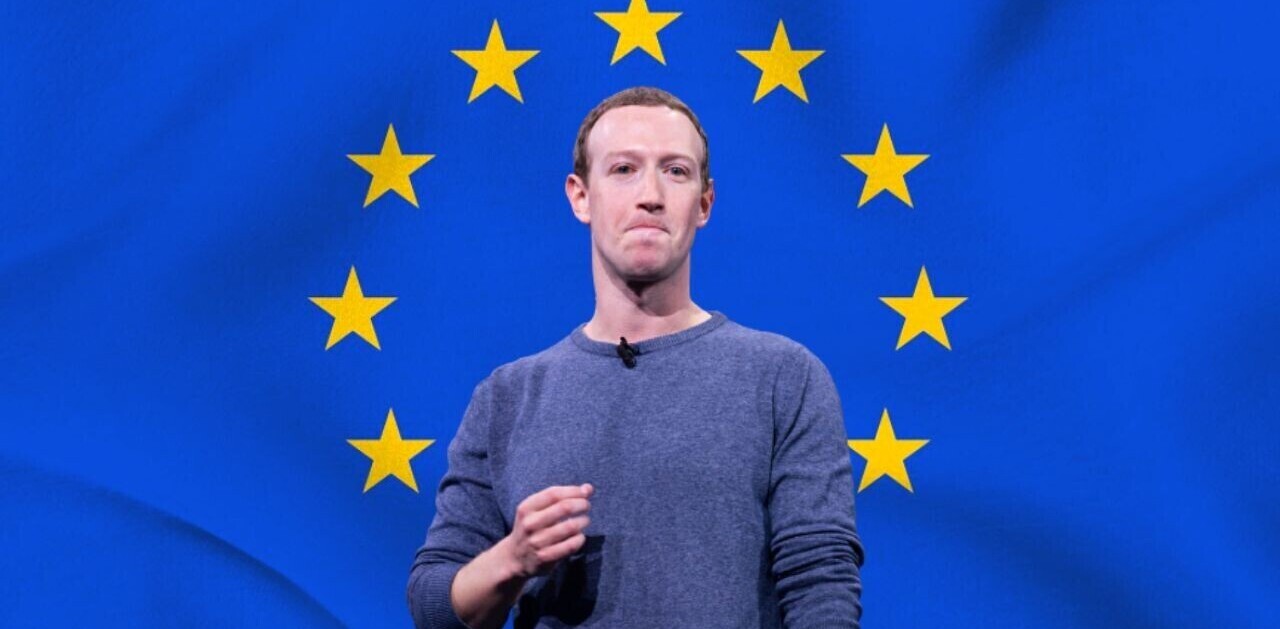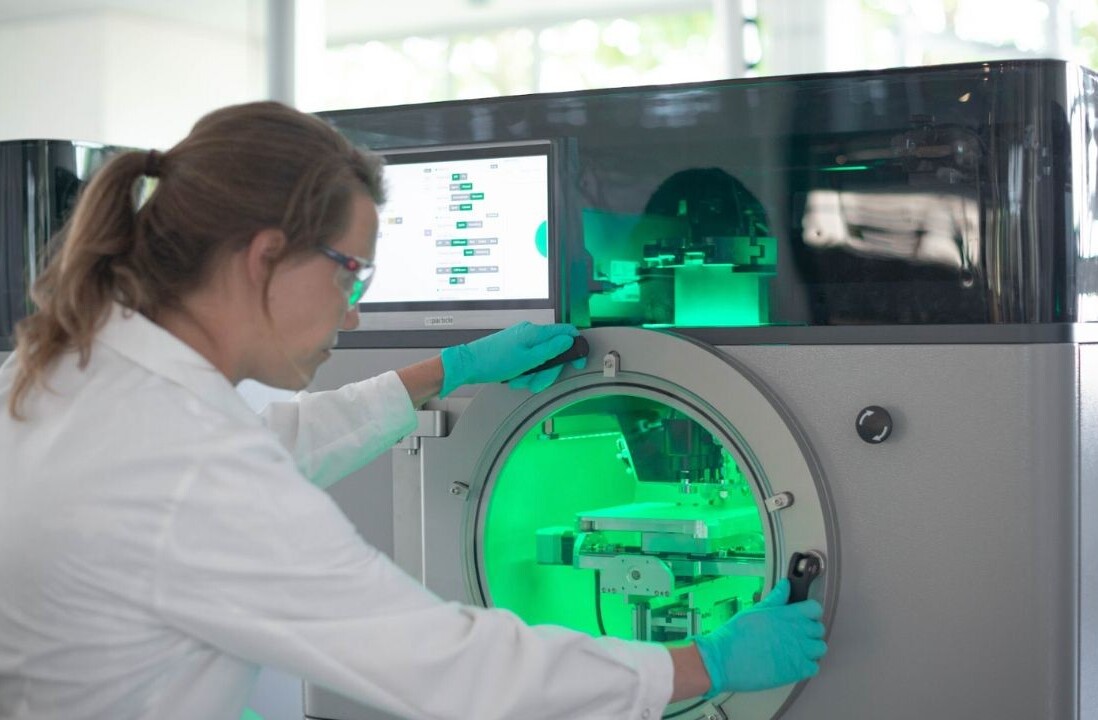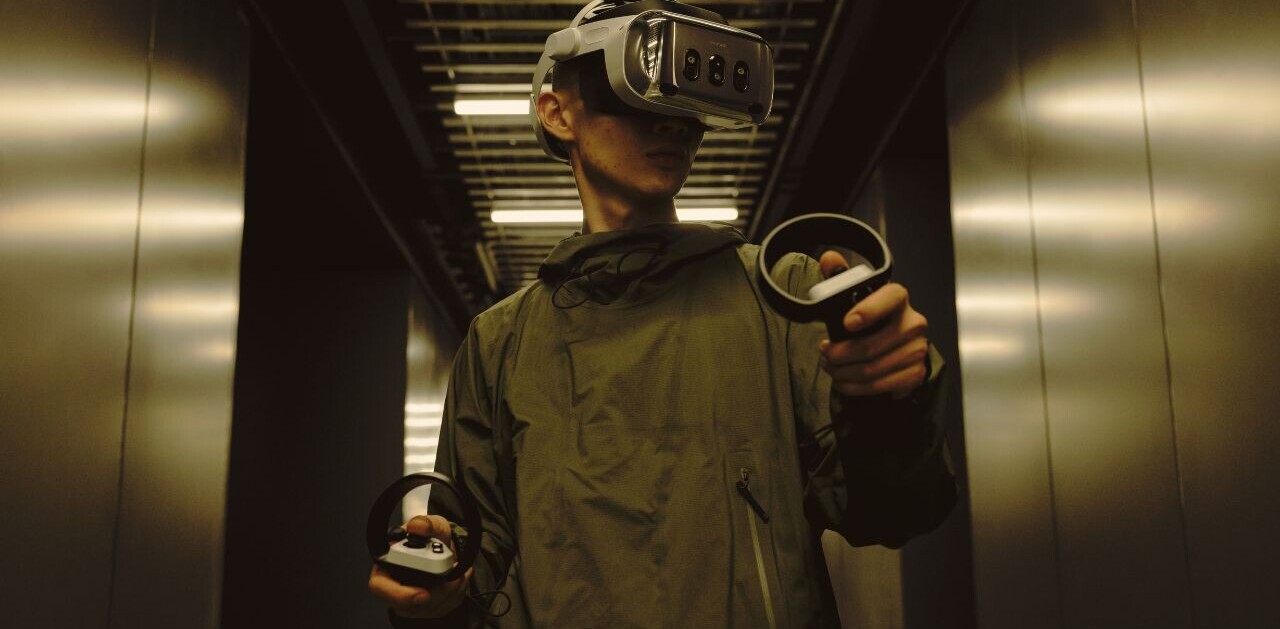
If a company wants to offer great products and services, it’s important to hire the smartest people. But it’s also important that these people don’t all look and think the same — that they bring their own unique backgrounds and experiences to the table as well.
That’s even more true if your company’s products are used by literal billions of people around the planet. It’s a matter Maxine Williams, Chief Diversity Officer at Meta, is intimately familiar with.
At Meta, Williams’ team works to support the growth of underrepresented people at the company and improve cognitive diversity; she believes people with varying backgrounds, experiences, and knowledge help create a stronger company. Prior to her talk at TNW Conference 2022, I was able to ask Williams a few questions over email about Meta’s approach to diversity, both in hiring and the workplace.
What follows is a transcript of that exchange, lightly edited for clarity.
Napier Lopez: To start broadly, some people see diversity, equity, and inclusion initiatives as superfluous. Why is it important for companies to make DEI a core part of their business, and how can a lack of it be detrimental?
Maxine Williams: The most successful businesses are diverse – so it’s a business imperative, full stop. There are countless benefits including building a company that is engaged and inclusive and a place where people can grow their careers – which is extremely important in today’s hyper-competitive market.
In fact, a 2021 report by McKinsey and LeanIn called Women in the Workplace found that women showed up as better leaders, more consistently supporting employees and championing DEI. Female managers invest more than their male counterparts in helping employees navigate work/life challenges, ensuring workloads are manageable, and providing emotional support — and they’re also more likely to speak out against bias towards women of color and advocate for opportunities for them.
On that note, DEI initiatives often seem reactionary — corrections after people speak out about problems. Being able to admit and correct mistakes is important, but how can a company take preemptive steps to make the workplace fair and welcoming from the get-go?
There is a lot of research which shows that diversity and inclusion will provide the cognitive diversity that companies who are serving diverse populations need in order to be successful. Companies should not wait until people speak out about problems in order to act if success is their goal. Meta began prioritizing diversity and inclusion shortly after we became a public company many years ago. We invested in hiring people with expertise to develop strategies that would drive progress in our space and they have done so.
We created channels to garner diverse perspectives and employees and made DEI ownership clear and visible in the organization with actionable KPIs. Our company has grown in diversity and in the strength of this focus which puts us in a strong proactive position.
Diversity in the workplace starts with hiring people from under-represented groups, which can be tracked with some accuracy. But what about other aspects that are harder to quantify?
To be effective in quantifying progress, you have to make a habit out of it. And at Meta, we are intentional about it.
We track our numbers consistently, but we need opinions from people on the ground to help us fill the gaps that aren’t quantitative.
Can you point to some more subtle examples of initiatives at Meta that have helped foster inclusion in the workplace?
We have a Be the Ally course, for debugging real-life situations where allies are needed at work. Another useful course is Managing Bias, which unearths the prevalence of unconscious bias at work and provides tips for how to navigate through it. It’s not only a foundational course for us, but we’ve open-sourced the content so it’s accessible to everyone at managingbias.fb.com, where you can watch a series of video modules.
I’m also especially proud of Meta’s microphone tool. Like most companies, we have policies in place that dictate what is and isn’t acceptable workplace behavior. But discrimination can show up in subtle ways that may not violate any official policies but can have a negative effect on the person who experiences it and, particularly when compounded over time, can drive them to quit.
The Microphone tool is a way for people to report unfair treatment. Microaggressions can come in many forms: having someone else take credit for your work, a manager’s assumptions on how well you can balance your personal time as a parent, backhanded compliments based on stereotypes, being left out of meetings when you’re an expert — these are just a few of many examples. And these behaviors are often committed unknowingly by well-intentioned people.
In order to learn from this and drive change, twice a year we publish a Micro-phone Report. This report compiles detailed, anonymized accounts of the microaggressions people shared. Our goal is not only to raise awareness of these issues but also to supply better ways to handle these situations if they arise again with behavior we call “micro-allyship.” Because these microaggressions are often not intentional, surfacing them alongside corrective actions helps everyone become more vigilant so they can identify the conditions that create a sense of unfairness.
Those sound like excellent initiatives. Beyond the well-being of employees, how can companies make sure DEI extends to the products their customers use?
They’re intrinsically tied – diverse employees build products with their communities in mind, too. This is especially important at Meta, where our products touch billions of people, from every walk of life imaginable.
We know the best products are made with inclusivity and equity in mind. So to accomplish this, we focus on bringing a diverse range of ideas and viewpoints to the table when designing products to capture the needs and wants of a broader user base.
For instance, we created a tool on Instagram that allows a user to identify their pronouns in their bio on the platform.
And of course, there is your digital self — avatars. The next phase of online identity is an even more immersive and complete digital presence that can move with you across today’s internet and eventually the metaverse. That begins with your appearance, which means better avatars for representing how you want to be seen. We’ve brought more face shapes, skin tones, and hearing assistive technologies – combining in over one quintillion different combinations already across our apps.
And as we develop future products, we continue to remain focused on ensuring that they are inclusive, fair, and equitable, and also reflect the full range of the diverse communities we serve. Because this is an ongoing process, we introduced the Responsible Innovation Dimensions and Inclusive Product Councils to guide our teams in building more accessible and equitable products.
On a related note, technology tends to reflect the (often unjust) world we live in, but Meta is building an infrastructure for the future with the metaverse. What does building DEI into the metaverse look like right now?
It’s a long road ahead – and we’re years away from the metaverse you’re probably envisioning. Currently, we are asking lots of questions, building a network of diverse architects and builders, breaking down language barriers, looking at broadening access to leverage existing hardware, and creating a dynamic experience where everyone can express themselves. We’re building transformative technology, so we acknowledge that it’ll take a while for everything to come together, but an inclusive metaverse benefits everyone – so it’s important to think of these things now.
Importantly, Meta isn’t going to build, own, or run the metaverse on its own. This will be a collaborative effort at every stage — with companies, developers, experts, and policymakers.
Thank you for sharing your perspective and insight. To close things off with another broad question, what’s one thing you wish more people would understand about DEI?
DEI progress is not something that happens with passion as the only ingredient. It’s a constant, multi-year journey that must be driven by those with expertise, approached strategically, and tied to the organization’s mission in order to be sustainable and deliver results.
Get the TNW newsletter
Get the most important tech news in your inbox each week.





